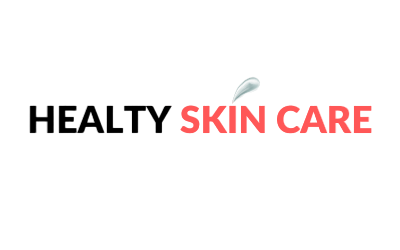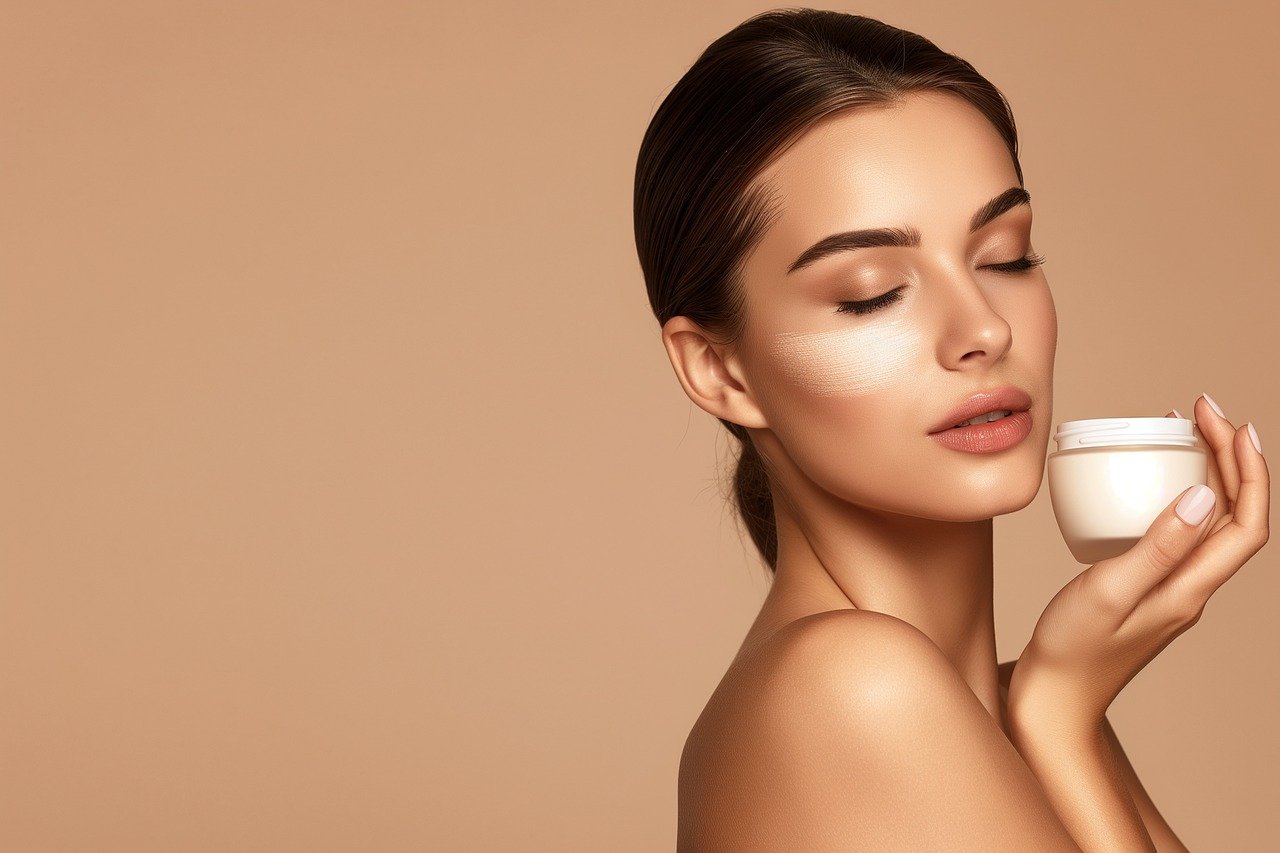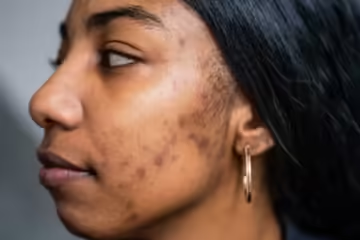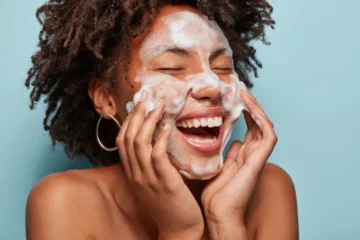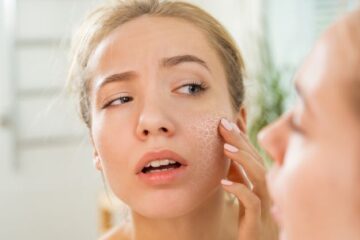Acne is a common problem that affects millions of teens and young adults worldwide. From minor pimples to severe breakouts, acne can take a toll on self-esteem and confidence. Understanding how to effectively treat acne is crucial for anyone dealing with this skin condition. This comprehensive guide will explore various acne treatment options, providing you with the information you need to achieve clear, healthy skin.
Understanding Acne
Acne is not a one-size-fits-all issue; it comes in various forms, each requiring different approaches for treatment. There are several types of acne, including blackheads, whiteheads, papules, pustules, nodules, and cysts. Each type has its causes and preferred methods of treatment.
Contrary to popular belief, acne is not only caused by poor hygiene or diet. Factors like hormones, genetics, and even stress play significant roles in the development of acne. It’s essential to debunk these misconceptions to pave the way for effective treatment strategies.
Dr. Jane Smith, a renowned dermatologist, explains, “Understanding the root cause of acne is the first step in finding the most effective treatment option. Acne is often a result of multiple factors, including hormonal changes, bacterial growth, and clogged pores.”
Topical Treatments
Topical treatments are a popular first-line defense against acne. These products include over-the-counter creams, gels, and lotions designed to reduce inflammation, kill bacteria, and unclog pores. Common active ingredients include benzoyl peroxide, salicylic acid, and retinoids.
Benzoyl peroxide is known for its antibacterial properties, making it effective in reducing the P. acnes bacteria responsible for inflamed pimples. Salicylic acid, on the other hand, works by exfoliating the skin and keeping pores clear of debris. Retinoids, like adapalene, help accelerate cell turnover, preventing clogged pores and reducing the likelihood of new acne forming.
According to Dr. Mark Johnson, “Topical treatments can be very effective for mild to moderate acne, but it’s essential to use them consistently and as directed for the best results.”
Prescription Solutions
For those with severe acne, over-the-counter treatments may not be enough. Prescription medications, both oral and topical, can offer more robust solutions. Dermatologists often prescribe antibiotics, hormonal treatments, or stronger retinoids to tackle stubborn acne.
Oral antibiotics like doxycycline and minocycline help fight bacterial infections from within, while hormonal treatments, such as birth control pills or spironolactone, address hormonal imbalances that trigger acne. Stronger retinoids, like isotretinoin, are reserved for the most severe cases and require close medical supervision due to potential side effects.
“Prescription treatments should be considered when over-the-counter options fail to deliver results,” says Dr. Emily Clark. “It’s crucial to consult with a dermatologist to determine the best course of action for your specific needs.”
Holistic Approaches
While medical treatments are effective, holistic approaches can complement them and promote overall skin health. Natural remedies, lifestyle changes, and a balanced diet play significant roles in managing acne.
Natural skincare products, such as tea tree oil and aloe vera, have anti-inflammatory and antibacterial properties. Additionally, incorporating a healthy diet rich in antioxidants, vitamins, and minerals can improve skin health from the inside out.
Regular exercise, adequate hydration, and stress management techniques like yoga and meditation also contribute to clearer skin. “A holistic approach to acne treatment addresses both the external and internal factors, promoting long-term skin health,” says nutritionist Laura Green.
Innovative Technologies
Emerging technologies are revolutionizing acne treatment, offering new hope for those struggling with persistent breakouts. Light therapy and laser treatments are two cutting-edge methods gaining popularity.
Blue light therapy targets acne-causing bacteria, while red light therapy reduces inflammation and promotes healing. Laser treatments, such as fractional laser therapy, work by resurfacing the skin and reducing acne scars.
“These innovative technologies are proving to be effective, especially for individuals who have not responded well to traditional treatments,” notes Dr. Sarah Evans. “However, it’s essential to consult with a professional to determine the most suitable option.”
Skincare Routines
Building a personalized skincare routine is crucial for preventing future breakouts and maintaining clear skin. Start with gentle cleansers that remove dirt and excess oil without stripping the skin of its natural moisture. Follow up with treatments like toners and serums containing acne-fighting ingredients.
Moisturizing is essential, even for oily skin types. Opt for lightweight, non-comedogenic moisturizers that provide hydration without clogging pores. Finally, sunscreen is a must to protect the skin from harmful UV rays and prevent post-inflammatory hyperpigmentation.
“Consistency is key when it comes to skincare routines,” emphasizes skincare expert Rachel Moore. “Stick to a routine that suits your skin type and be patient, as results may take time to show.”
Conclusion
Achieving clear skin requires a multifaceted approach, combining effective treatments with a healthy lifestyle. Whether you opt for topical treatments, prescription solutions, holistic approaches, or innovative technologies, the key is to find what works best for your skin.
Remember, managing acne is a journey, and it’s essential to consult with professionals to tailor a plan that suits your unique needs. For personalized advice and expert recommendations, consider booking a session with one of our experienced dermatologists.
Explore the world of acne treatment options and take the first step towards clear, radiant skin today!
Frequently Asked Questions
What causes acne?
Acne can be caused by a combination of factors, including hormonal fluctuations, excess oil production, clogged pores, and bacteria on the skin. Understanding these underlying causes can help in selecting the most appropriate treatment.
How long does it take to see results from acne treatments?
The timeline for visible results varies depending on the treatment and individual skin type. Generally, topical treatments may take several weeks to show improvements, while oral medications can take up to three months for significant results.
Are there any side effects associated with acne medications?
Like any medications, acne treatments may have side effects. Commonly reported side effects of topical treatments include dryness and irritation, while oral medications may carry risks such as gastrointestinal issues or hormonal changes. It’s essential to discuss any concerns with your dermatologist.
Can diet affect acne?
There is growing evidence that diet may play a role in acne development. Some studies suggest a diet high in sugar and dairy products may exacerbate acne, while a balanced diet rich in fruits, vegetables, and whole grains may support skin health. Consulting with a nutritionist can provide specific dietary guidance.
When should I see a dermatologist?
If over-the-counter treatments don’t yield results after a few months or if acne is severe, persistent, or causing emotional distress, it’s advisable to seek professional help from a dermatologist. They can perform a thorough evaluation and recommend a tailored treatment plan.
Can I wear makeup with acne?
Yes, individuals with acne can wear makeup, but it’s crucial to choose non-comedogenic products that won’t clog pores. Furthermore, ensuring proper makeup removal at the end of the day is essential to avoid exacerbating the condition.

